This new disc from the Academy of Ancient Music under Richard Egarr, the first on the ensemble's own label, traces the development of the symphony. Starting with the sinfonia from Handel's Saul (1738), we have Franz Xaver Richter's Grande simphonie No. 7 in C minor (1740), Johann Wenzel Anton Stamitz's Sinfonia a 4 in D major (1750), Mozart's Symphony no. 1 in E flat major K16 (1764) and Haydn's Symphony No. 49 in F minor 'La passione' (1768).
This single CD could easily have been a boxed set, and one can think of lots of things that have been missed out (no Boyce and no JC Bach for instance). But here is a whistle-stop survey of the first 30 years of the symphony's development in some very fine performances.
In opera and oratorio, sinfonias were multi-movement works intended to catch the audience's attention. George Frideric Handel's (1685 -1759)
Sinfonia from
Saul (written in 1738) is a four-movement work with echoes of the French orchestral suite mixed in with other influences. Here we have a lively opening
Allegro designed to catch the audiences attention followed by a graceful
Larghetto. Then, something of a surprise, a lively
Allegro which spotlights the oboe, here performed with a lovely mellow tone by Susanne Regel. The work concludes with a Minuet marked
Andante, Handel's structure clearly indicating that this is not a free-standing work but one which precedes something.







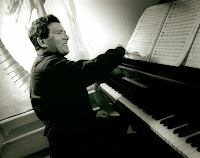



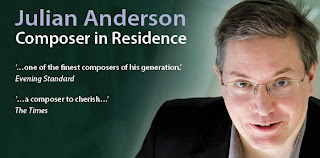








.jpg)
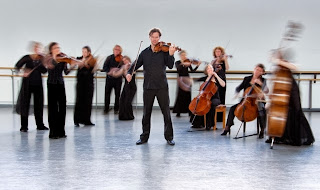





.jpg)





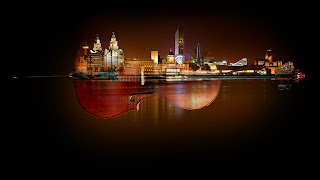







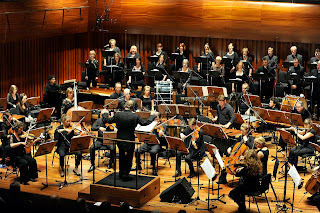





%20in%20The%20Merry%20Widow.%20Credit%20Mihaela%20Bodlovic.%20(2).jpg)

%20in%20Trial%20by%20Jury.%20Credit%20Mihaela%20Bodlovic..jpg)

.jpg)
%20Britten%20Pears%20Arts%20(1).jpg)


